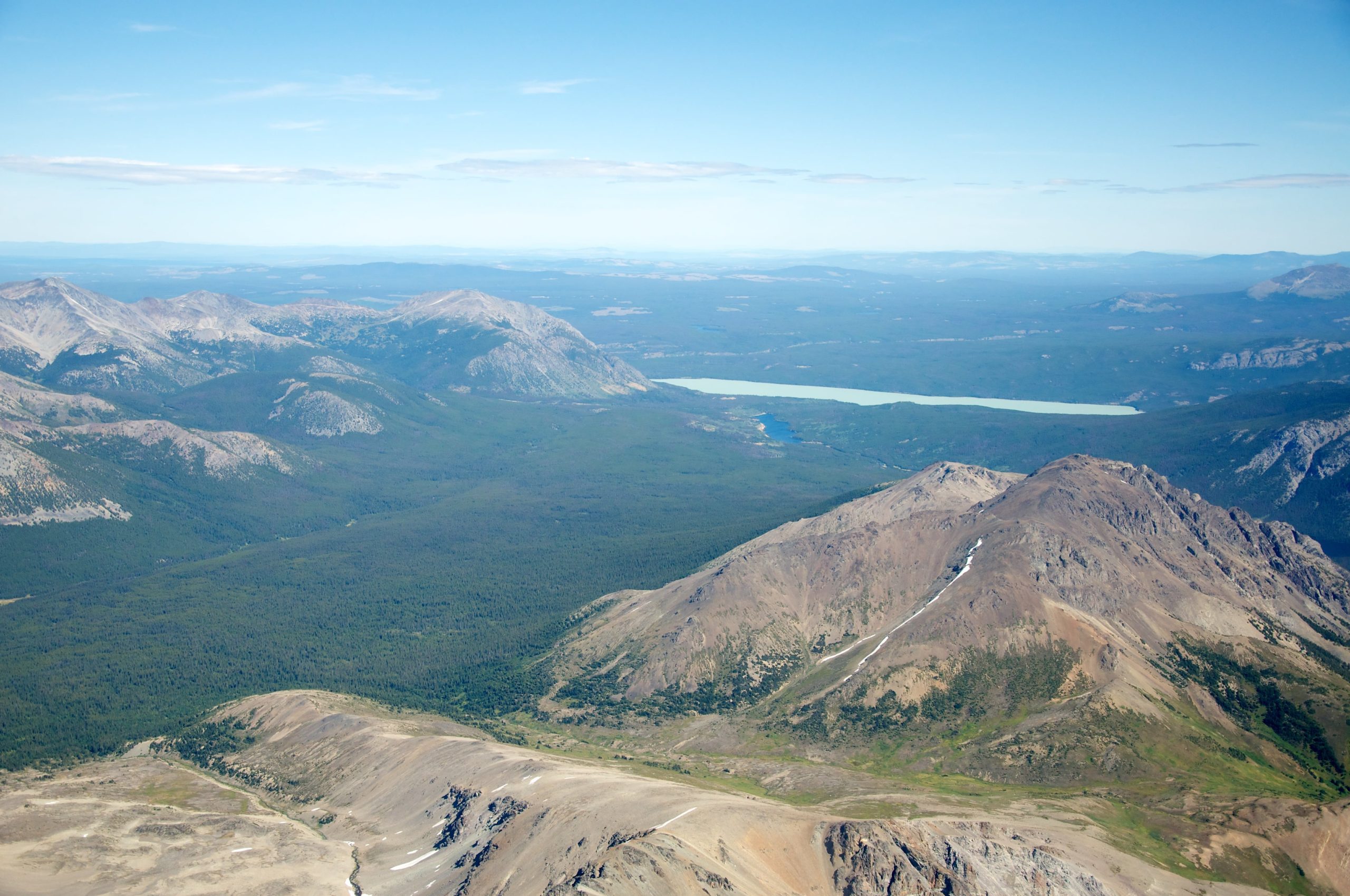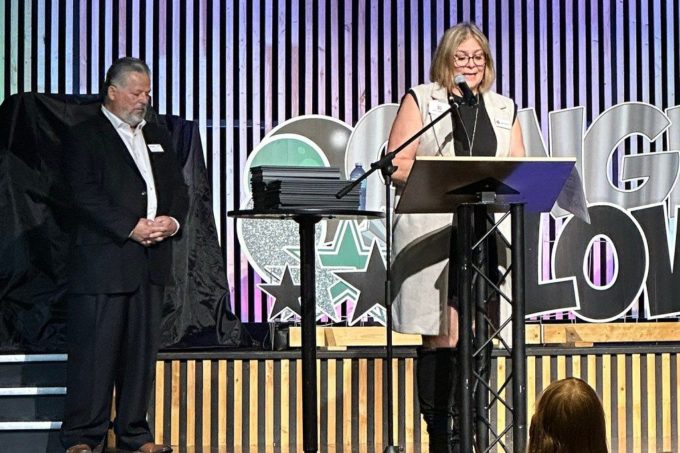A New Chapter Begins at Teztan Biny After 30 Years of Dispute
After three decades of resistance and legal battles, a landmark B.C. mining deal has finally cleared the path to peace over Teztan Biny—also known as Fish Lake—on B.C.’s Chilcotin Plateau. This historic Teztan Biny agreement is being hailed as a victory for Indigenous consent and a model for reconciliation.
On June 18, the B.C. government announced it had reached an agreement with the Tsilhqot’in National Government (TNG) and Taseko Mines, putting an end to one of the province’s most drawn-out and contentious resource disputes.
What the Agreement Means
As part of the deal, the province paid Taseko Mines $75 million. The company, which had long eyed the site for its vast copper and gold potential, agreed to halt any mining-related development without the Tsilhqot’in Nation’s consent. Taseko also ceded operational control over future projects at the site and committed not to lead exploration or construction, should a project ever move forward.
A significant part of the agreement is the creation of a 22.5% equity interest in the project, which will be held in trust for the Tsilhqot’in people. This share will only transfer to the Nation if and when they choose to move ahead with mineral development in the area.
A Win for Indigenous Consent and Culture
Otis Guichon, Tribal Chief of the TNG, called the agreement a proud moment after years of protecting the land from developments that threatened Tsilhqot’in values. Similarly, Roger William of the Xeni Gwet’in community said this deal ends decades of emotional strain for families who have fought to safeguard their territory for generations.
“The agreement protects our rights of consent in the Teztan area. That’s huge,” he said, reflecting on the importance of formal recognition of Indigenous authority over ancestral lands.
Certainty for Business, Clarity for the Future
While Taseko Mines cannot operate or build in the region, the company can sell its 77.5% ownership stake. According to CEO Stuart McDonald, the agreement resolves years of legal and financial uncertainty and respects the cultural significance of the land.
The B.C. government now holds a mandate to co-develop a consent-based framework with the Tsilhqot’in Nation, setting a precedent for how natural resource projects may move forward in Indigenous territories.
What Comes Next?
There is currently no mining project proposed for the Teztan Biny area, which lies 181 km southwest of Williams Lake. However, the deal includes a commitment to joint land-use planning and outlines a future path that balances Indigenous rights, environmental stewardship, and economic potential.
The province also gained necessary approvals to pursue further agreements under the Declaration on the Rights of Indigenous Peoples Act, reinforcing its reconciliation efforts.
The Teztan Biny agreement doesn’t just close a chapter in B.C.’s mining history—it opens a new one in Indigenous-led stewardship and collaborative decision-making.
Stay tuned to Surrey Speak for more updates on B.C.’s evolving land and energy policies.














Leave a comment